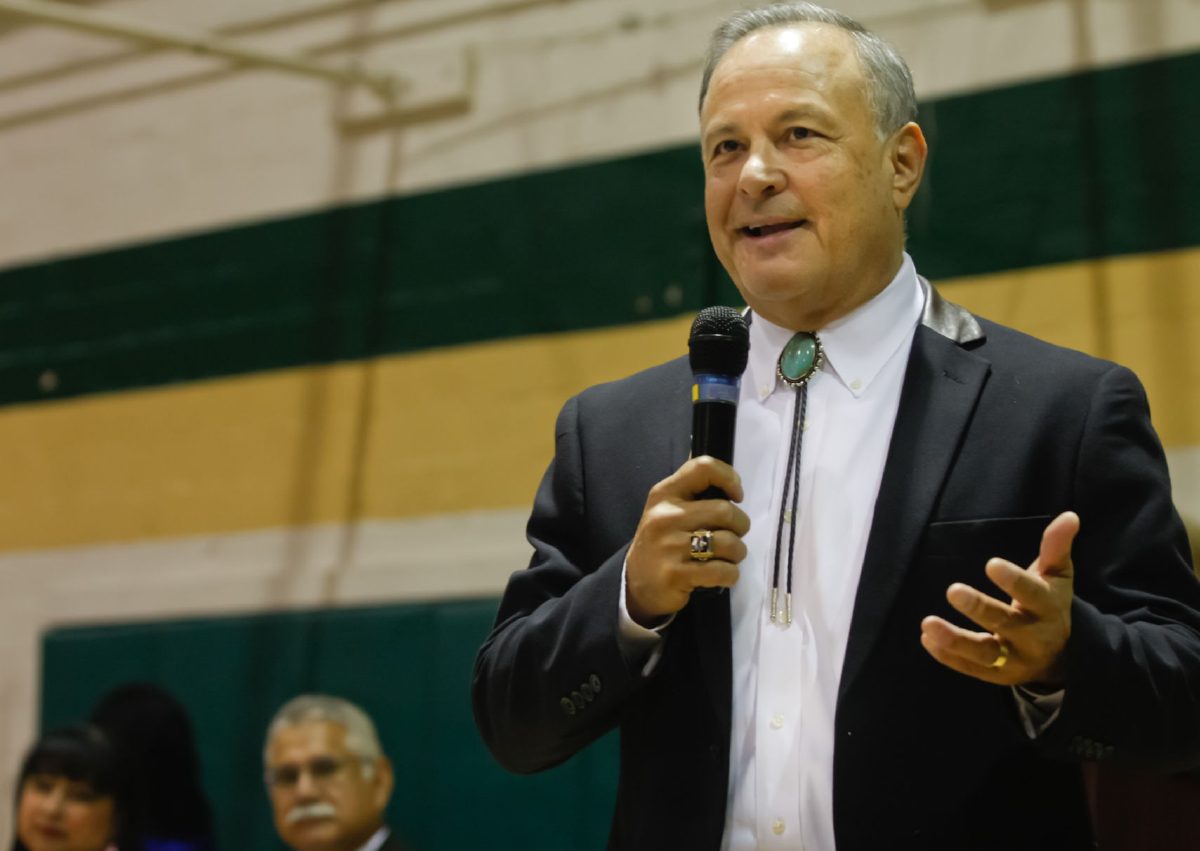|
Only have a minute? Listen instead
Getting your Trinity Audio player ready...
|
News of Carlos Cascos’ sudden passing was a jolt to many people throughout the Rio Grande Valley. Officials across the region were quick to voice their shock, and their condolences. Their statements also reflected the widespread respect he earned through decades of involvement in local and state politics, representing both major parties.
It’s a quality that is far too rare at these times of bitter partisanship and political turmoil.
Cascos, who served more than a decade on the Cameron County Commissioners Court as a Democrat and later served two terms as county judge after switching to the Republican Party, quickly became known as a strong warrior and loyal opposition — both across the political aisle and within his own respective parties. An accountant by profession, he fought against wasting taxpayers’ money. For example, he opposed many change orders, cost overruns and contractor changes that caused the renovation of the Oscar C. Dancy Cameron County Courthouse to balloon from a $1.2 million initial contract to a final cost of more than $17 million.
Such battles became a hallmark of Cascos’ political career. A moderate, he called for frugality that often drew opposition from his fellow Democrats. As a Republican, however, he sought to improve efficiency rather than cut public services.
His positions, and his work as a public administrator, drew attention outside the Valley. Cascos was named to the Texas Public Safety Commission in 2004, a position he gave up in order to seek the county judge’s seat. He later became Gov. Greg Abbott’s first secretary of state, serving from 2015 until 2017.
Through it all he was always willing to counsel against allowing extremists to exert too much influence upon public policy. His efforts weren’t always successful, but he was able to maintain professional and even cordial relationships — and dialog — with officials and party members even amid their disagreements.
Even after his days of public service, Cascos continued to offer his thoughts and suggestions regarding the actions and positions of government officials and the politics of the day. And many of those officials frequently sought those positions, and his advice.
As such, Cascos provided an example of how public servants should work: keeping the needs and interests of the constituents above the acquisition of political power. He maintained a willingness to reach across the aisle and discuss major issues, showing a willingness to negotiate and compromise — giving up a little in order to achieve a greater good.
That’s how the political process is supposed to work. Sadly, it’s something that is becoming increasingly rare in the current atmosphere of cutthroat partisanship and retribution.
Current officials, and those who wish to enter the political arena in the future, would do well to take notice of Carlos Cascos’ legacy of service to his community. It is hoped that more people will choose to follow his example of keeping the public’s needs ahead of any desire to gain power, and serving the community first, rather than the party.
We join the many Valley officials and residents who offer their prayers to Cascos’ family and friends.




